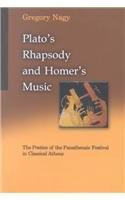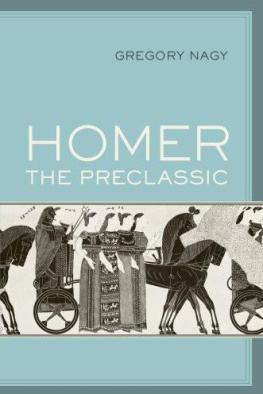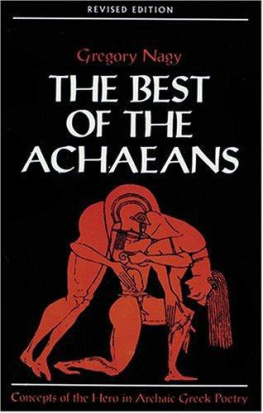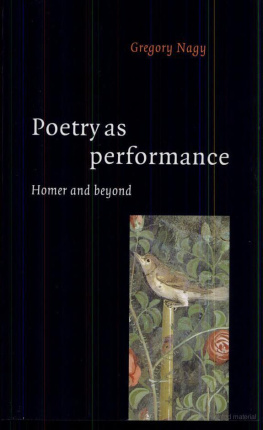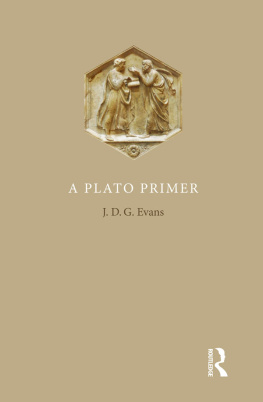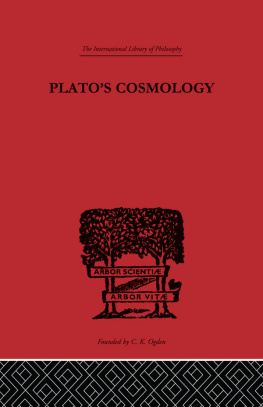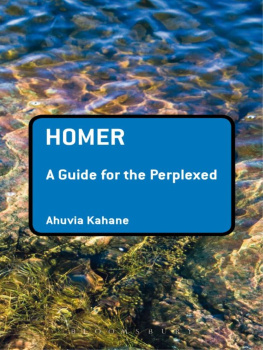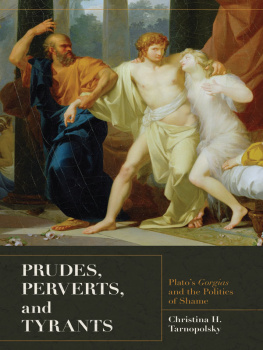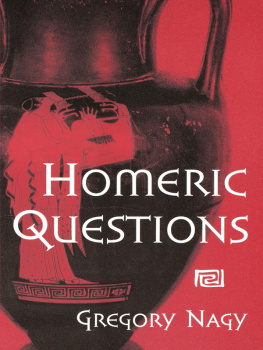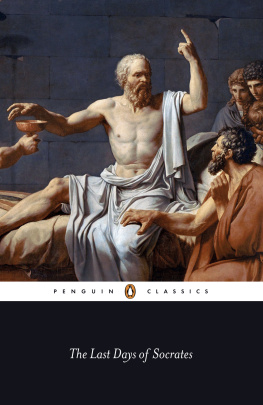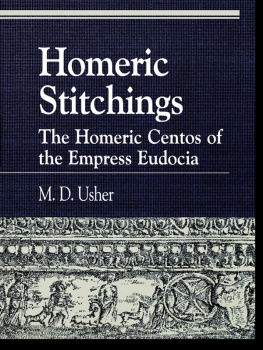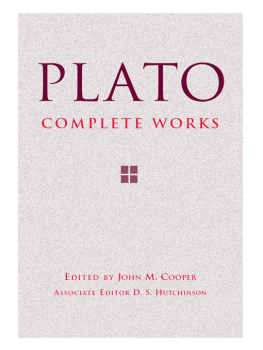Introduction
There is a pervasive historical connection, I argue in this book, between two evolving institutionsHomeric poetry and the festival of the Panathenaia in the city of Athens. The testimony of Plato will be crucial to the argumentation.
Two premises are involved. The first is this: synchronic approaches to Homer cannot succeed without the integration of diachronic approaches, just as diachronic approaches cannot succeed without the integration of the synchronic. The second premise is this: synchronic analysis of Homeric poetry can be successful only when that poetry is viewed as a system rather than a text. Short-hand, I refer to the system in question simply as Homeric poetry. Testing these premises, I argue against the assumption that the Homeric text of the Iliad and Odyssey, as reconstituted in various editions both ancient and modern, is a single synchronic reality. In other words, I hold that the Homeric text (or texts) is not the same thing as Homeric poetry. [
In using the terms synchronic and diachronic, I follow a linguistic distinction made by Ferdinand de Saussure. [ In terms of my evolutionary model, the making of Homeric poetry needs to be seen diachronically as well as synchronically, if we follow Saussures sense of diachrony.
Here I propose to add two restrictions to my use of synchronic and diachronic. First, I apply these terms consistently from the standpoint of an outsider who is thinking about a given system, not from the standpoint of an insider who is thinking within that system. [
With these working definitions in place, I return to my point: a purely synchronic pers pective is insufficient for reading Homer. The transmitted texts of the Homeric Iliad and Odyssey cannot be reduced to single speech-events, self-contained in one time and one place, as if we had direct access to actual recordings of the language of Homer. [
From a purely synchronic point of view, then, where can we find a sample of Homeric poetry, if not in the text of any single edition? The ideal sample would be an attested transcript of a live performance, which would amount to the recording of a live recomposition-in-performance. Of course, such a sample is for us an impossibility. Even dictation theories cannot claim an attested transcript: like all other theories, these too need to account for the lengthy manuscript tradition that fills the gapbetween the time of the hypothesized archetype, that is, a dictated text, and the time of the earliest editions resulting from that tradition. [
Failing an ideal sample for synchronic analysis, we must resort to describing the system of Homeric poetry as reflected by Homeric textual transmission. But the point is, such description cannot be purely synchronic, in that the history of Homeric textual transmission cannot capture any single occasion of performance, any single occasion of recomposition-in-performance. All we can do is describe a reconstructed occasion, and such a description requires a diachronic as well as synchronic perspective.
In terms of my evolutionary model for the making of Homeric poetry, the goal is to reconstruct not only a single occasion but also a chronological sequence of occasions. With this goal in mind, I have worked out a tentative descriptive framework of five periods, Five Ages of Homer, as it were:
a relatively most fluid period, with no written texts, extending from the early second millennium into the middle of the eighth century in the first millennium BCE.
a more formative or pan-Hellenic period, still with no written texts, from the middle of the eighth century to the middle of the sixth BCE.
a definitive period, centralized in Athens, with potential texts in the sense of transcripts, at any of several points from the middle of the sixth century BCE to the later part of the fourth BCE; this period starts with the reform of Homeric performance traditions in Athens during the rgime of the Peisistratidai.
a standardizing period, with texts in the sense of transcripts or even scripts, from the later part of the fourth century to the middle of the second BCE; this period starts with the reform of Homeric performance traditions in Athens during the rgime of Demetrius of Phalerum, which lasted from 317 to 307 BCE.
a relatively most rigid period, with texts as scripture, from the middle of the second century BCE onward; this period starts with the completion of Aristarchus editorial work on the Homeric texts, not long after 150 BCE or so, which is a date that also marks the general disappearance of the so-called eccentric papyri. [
There are different degrees of difficulty in attempting to reconstruct different occasions at different periods in the evolution of Homeric poetry. Needless to say, the difficulties increase exponentially as we move further back in time. Conversely, however, the difficulties decrease as we move forward in time, especially once we reach a point where the actual occasions of performance become historically verifiable. We reach such a point during what I call the third or definitive period in the scheme above, to be dated roughly to the middle of the sixth century BCEand to be localized specifically in the city-state of Athens.
For the moment, we are looking at a possible point of contact between two of the three central subjects of this book, Homer and the festival of the Panathenaia in Athens. I seize this moment to connect the third central subject as well: Plato.
Why Plato? It is because he is our primary source of information about points of contact between Homer and the Panathenaia. Without Plato, the available evidenceliterary, epigraphical, iconographicalis so meager that we might easily give up hope for reconstructing anything of significance. Even with Platos help, the evidence is relatively meager. Still, we find in Plato references to Homer and the Panathenaia that are of great importance. Such references, both direct and indirect, are essential for my argumentation in developing an evolutionary model for the making of Homeric poetry.
I must stop at this point in order to stress a fundamental difference between my evolutionary model and other theories. My main argument is that the city of Athens in general and the Panathenaic Festival in particular can be viewed as two decisive historical factors in the gradual shaping of what became the definitive forms of the Iliad and Odyssey, starting with the sixth century BCE. [
In pursuing my main argument, as I have just articulated it, I intend to examine systematically the overall testimony of Plato as an expertalbeit a hostile oneabout the cultural legacy of Homeric performances at the Panathenaia.
Footnotes to Introduction
[ ] For further argumentation, see the Preface to N 1999a (2nd ed., hereafter abbreviated as BA2, updating the original N 1979 version, BA), p. xv.
[ ] Saussure 1916:117.
[ ] Saussure, ibid.: De mmesynchronieetdiachroniedsigneront respectivement un tat de langage et une phase dvolution.
[ ] See BA2 xiv, with special reference to N 1996b (hereafter abbreviated as HQ) ch.2, An Evolutionary Model for the Making of Homeric Poetry, pp. 2963.
[ ] I have in mind especially the theories of Janko (1982:191), Jensen (1980:92), and West (1990:34). My evolutionary model is not at odds, however, with the more general dictation theory of Lord 1953. See N 1998b. For polemics concerning another dictation theory, see N 1997d.
[ ] More on these assumptions in HA 19, 27.
[ ] PH 4.
[ ] PH 21n18, following Jacopin 1988:3536, who adds: Both synchrony and diachrony are abstractions extrapolated from a model of reality. In N 1999b (also

